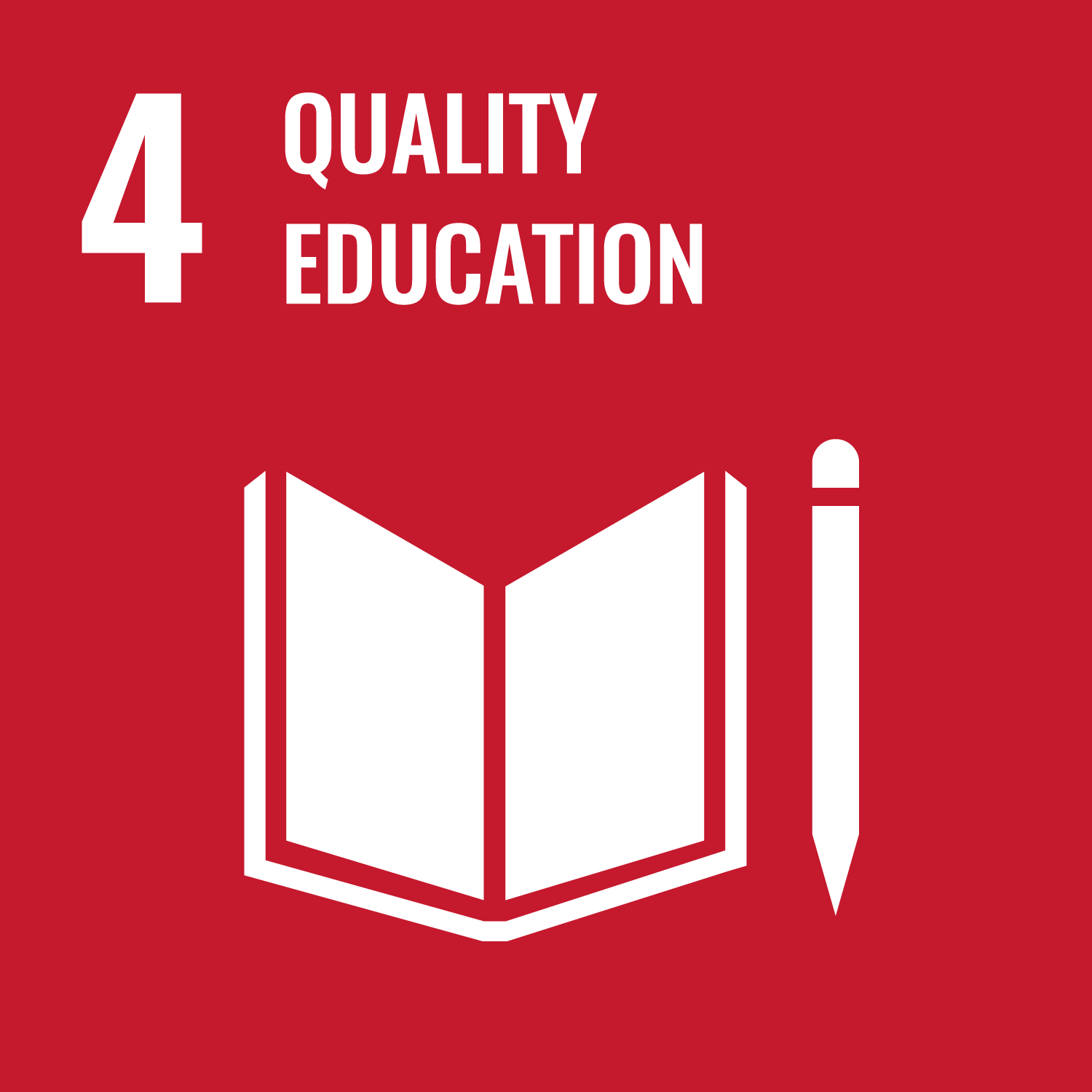ORCID
- Peter Kelly: 0000-0002-1050-7433
Abstract
Europe has seen a national populist turn in recent years, a movement away from liberal elites and the rise of 'post-truth' politics. While populist parties may have passed the high point of their success, their politics has had a considerable impact on the mainstream, drawing traditional parties in populist directions. In this article, I consider the consequences of this for those of a liberal persuasion, who value openness and diversity and who are suspicious of those bringing simple solutions to complex problems. I reflect on the findings of a series of comparative education policy and pedagogy studies that I have conducted with colleagues in northern Europe over the past ten years, and in their light, make a number of suggestions for how education can defend liberalism while taking the concerns of national populists seriously.
DOI Link
Publication Date
2020-03-01
Publication Title
London Review of Education
Volume
18
Issue
1
ISSN
1474-8460
Acceptance Date
2019-11-12
Embargo Period
2020-07-18
First Page
35
Last Page
49
Recommended Citation
Kelly, P. (2020) 'Liberal education in turbulent times: Policy, pedagogy and their effects in European comparison', London Review of Education, 18(1), pp. 35-49. Available at: 10.18546/lre.18.1.03


